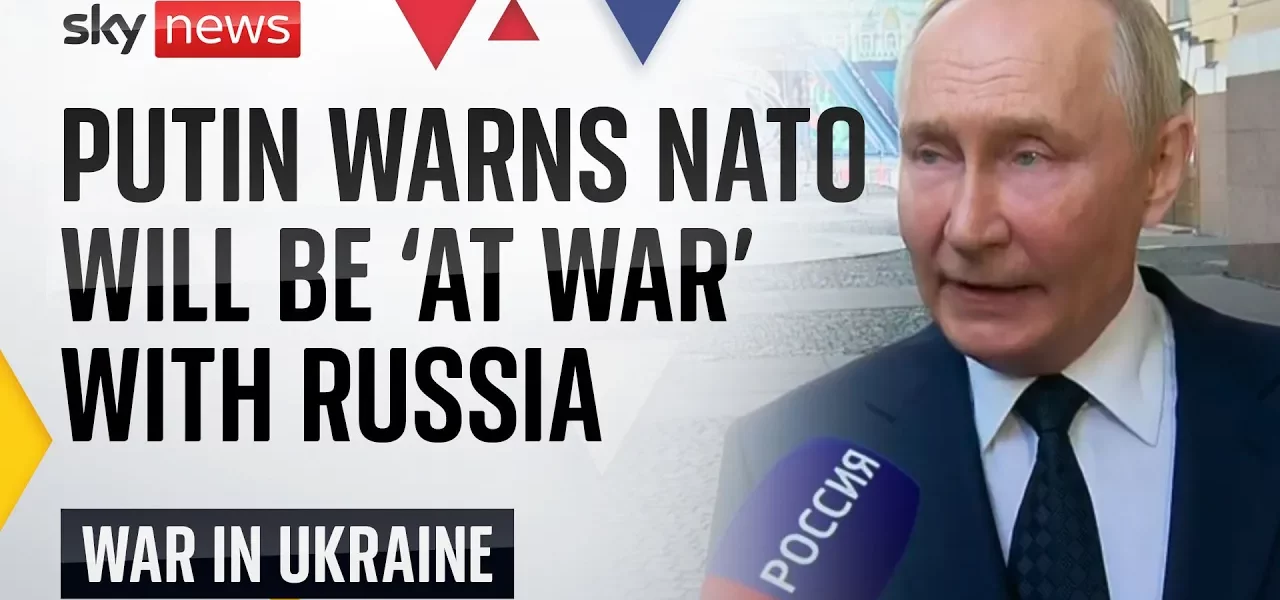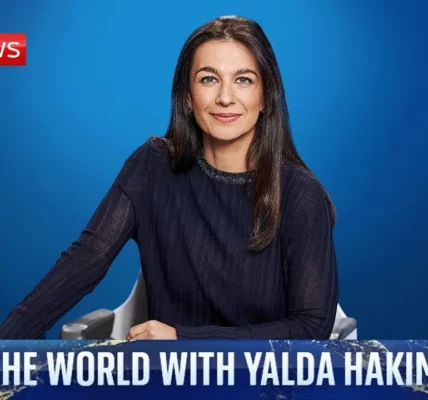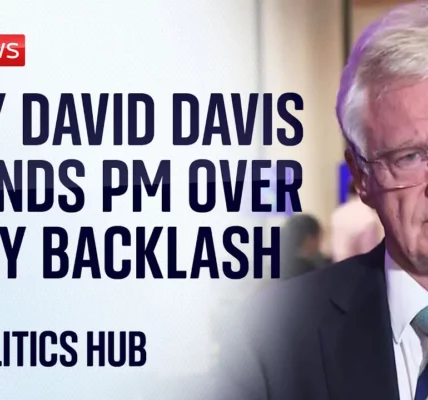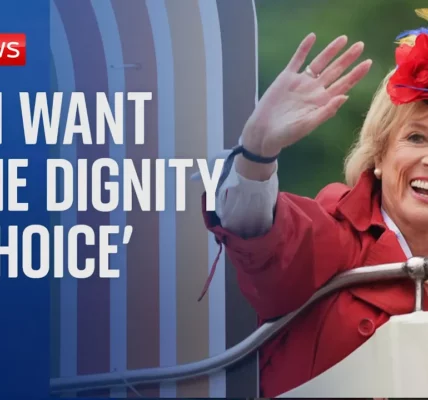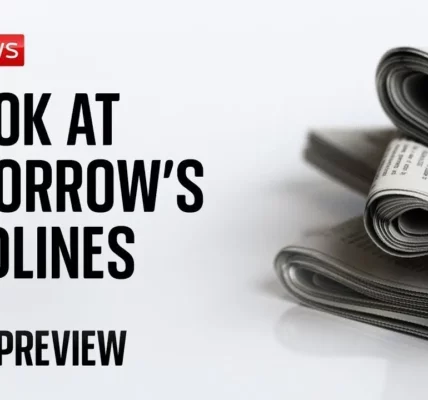Putin’s Most Hawkish Comments on the Ukraine Conflict

In a significant escalation of rhetoric surrounding the war in Ukraine, Russian President Vladimir Putin made alarming statements that suggest a shift in the nature of the conflict. This article explores the implications of his remarks, the responses from Western leaders, and the broader context of the ongoing war.
Introduction
This week has seen heightened tensions regarding the ongoing war in Ukraine, with President Vladimir Putin delivering some of his most aggressive remarks to date. His comments raise serious concerns about the potential for a direct confrontation between Russia and NATO countries if the West allows Ukraine to use long-range missiles against Russian territory. This article delves into the implications of Putin’s statements, the reactions from Western leaders, and the evolving dynamics of the conflict.
The Nature of Putin’s Remarks
Putin’s recent comments reflect a significant escalation in his rhetoric. He warned that if the West permits Ukraine to strike deeper into Russian territory with Western-made long-range missiles, it would equate to direct involvement from NATO countries, including the United States and European nations. This would fundamentally alter the nature of the conflict, transforming it from a regional dispute into a direct war involving major global powers.
Key Points from Putin’s Statements
- Western involvement would signify a direct fight with Russia.
- Permission for Ukraine to strike inside Russia would trigger significant changes in military strategy.
- Putin emphasized the importance of satellite communications and operational support provided by the West to Ukraine.
The Significance of His Tone
Putin’s tone during these remarks was notably hawkish, accompanied by strong expressions and a sense of personal investment in the issue. This indicates that his statements are not merely rhetorical but may signal a serious shift in Russia’s stance.
Implications for NATO and Western Countries
The potential for NATO and the West to be drawn into direct confrontation with Russia poses significant risks. If the West decides to permit Ukraine to use long-range missiles, it would not only escalate military actions but could also lead to severe geopolitical consequences.
Reactions from Western Leaders
As Prime Minister Keir Starmer arrived in Washington for discussions with President Biden, the West’s response to Putin’s comments was under scrutiny. The leaders were expected to assess the situation closely and consider their next steps. Here are some anticipated elements of their response:
- Evaluate the risk of escalating the conflict with Russia.
- Discuss military support and the provision of advanced weaponry to Ukraine.
- Consider diplomatic channels to de-escalate tensions while maintaining support for Ukraine.
Broader Context: The Battlefield Dynamics
The dynamics on the battlefield have shifted significantly, particularly with reports of Iran supplying Russia with ballistic missiles. This development has been described as a dramatic escalation, prompting Western leaders to rethink their strategies regarding military support for Ukraine.
Military Considerations
When assessing military support, several factors must be taken into account:
- Operational capabilities of Ukrainian forces to effectively utilize advanced weapon systems.
- Maintenance and logistical support required for sophisticated military equipment.
- The overall coherence of the military strategy in achieving clear objectives against Russian aggression.
Past Comments by US Officials
US Secretary of State Antony Blinken has previously highlighted the complexities involved in military support decisions. His remarks emphasized the importance of training and maintenance, indicating that any decision must be part of a broader strategy to ensure success on the battlefield.
Conclusion
The situation between Russia, Ukraine, and NATO countries remains precarious, with the potential for significant escalation following Putin’s latest comments. As Western leaders evaluate their options, the stakes could not be higher. The ongoing conflict requires a careful balance of military support and diplomatic efforts to avoid a direct confrontation with Russia. To stay informed on developments in this conflict and related geopolitical issues, be sure to explore our other articles on international relations and military strategy.
“`
